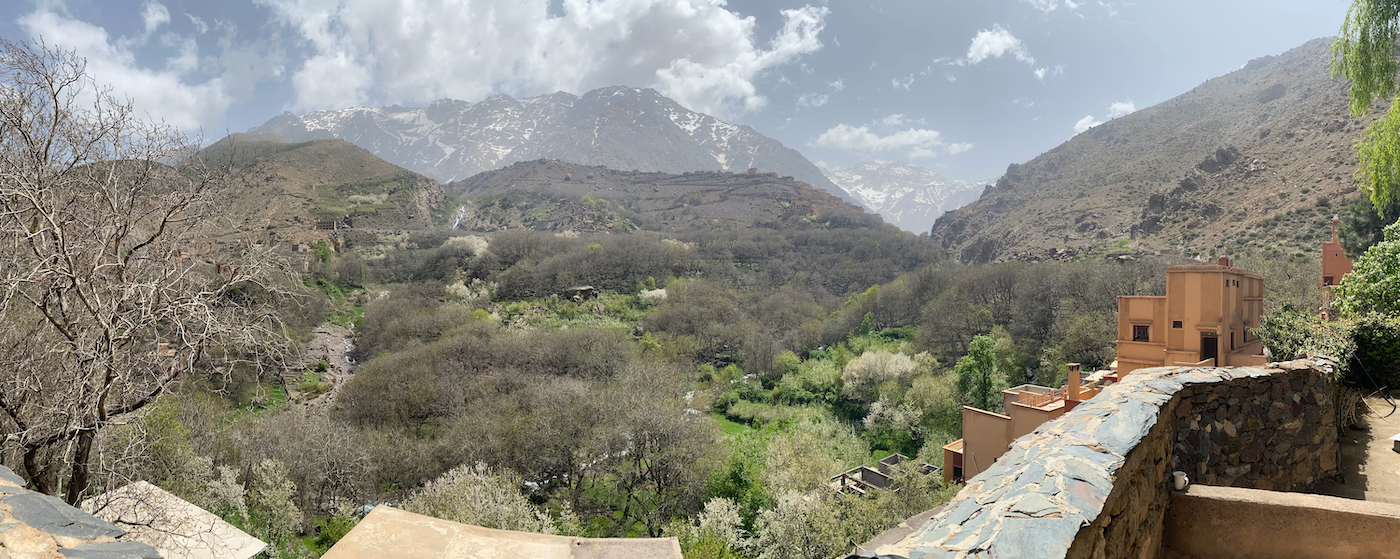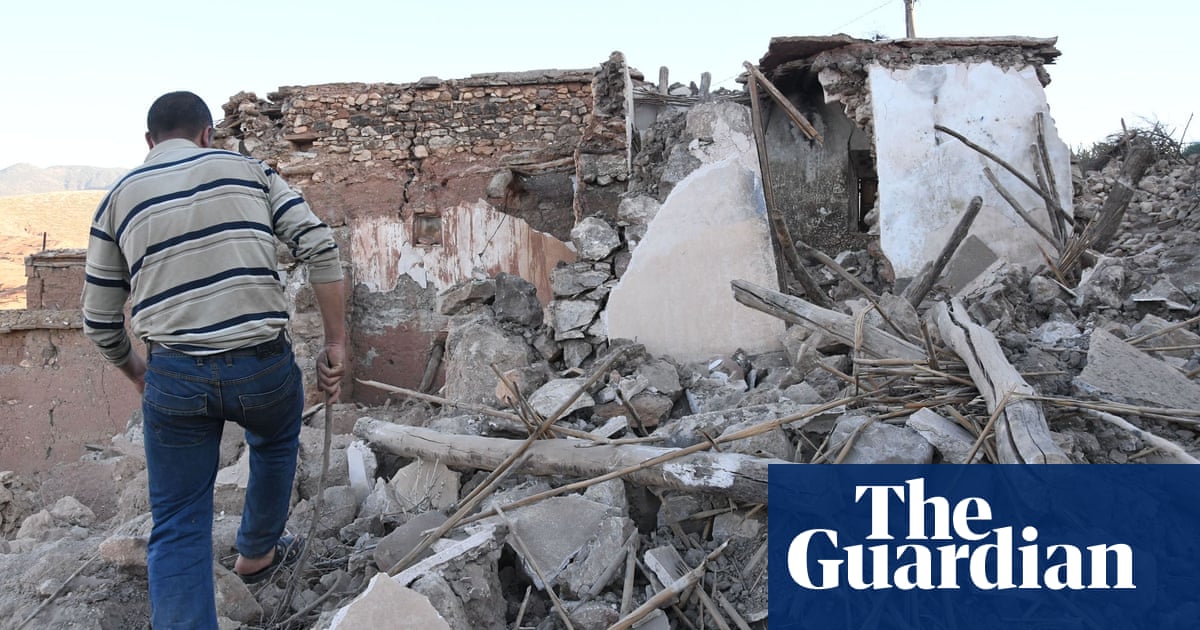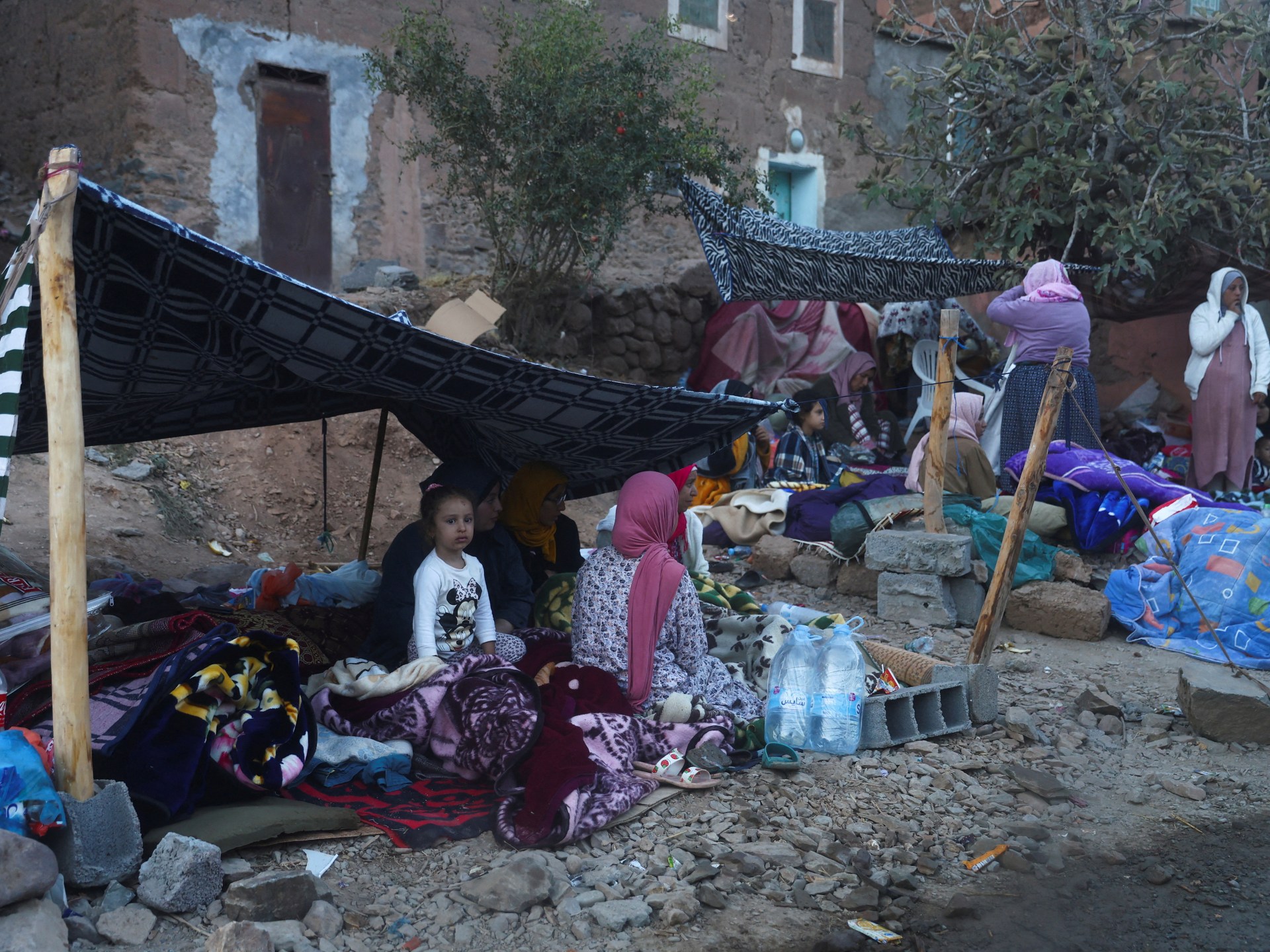At 11:11 p.m. on 8 September Moroccan local time (00:11 a.m. on 9 September in Italy), a powerful earthquake of magnitude 6.8 on the Richter scale struck the North African country of Morocco. It was followed that night by many less intense tremors. The epicentre was approximately 72 km southwest of the famous city of Marrakech in the province of Al Hazoud, while the hypocentre was around 18.5 km underground.
Earthquakes of this magnitude are rare in the area, but they can happen. As reported by the United States Geological Survey (USGS), there have been no quakes with a magnitude greater than 6.0 since 1900, and only nine with a magnitude greater than 5.0. To date, 2,497 people have been killed and at least 2,476 injured.
While King Mohammed VI of Morocco has asked the authorities and citizens to pray in all mosques in the kingdom, controversy is mounting over the flow of aid. Morocco has reportedly accepted teams of rescuers from only four countries — Spain, the United Kingdom, the United Arab Emirates and Qatar — and all other people who are helping are volunteers. Criticism also comes from the president of the French NGO Secouristes sans Frontières, Arnaud Fraisse: “Normally we would have taken a plane that took off from Orly one minute after the earthquake. Unfortunately we still don't have the agreement of the Moroccan government.”

From many countries, however, the race for solidarity with Morocco has begun. Algeria has proposed an urgent plan to provide aid, should Rabat wish to accept it (given Morocco’s difficult relations with its neighbours). The EU is providing initial funding of €1 million ”to support the relief efforts made by humanitarian partners in the country.” The European Commission clarifies that at the moment, Morocco ”has not requested assistance.”
In an interview with LeMonde, Sylvie Brunel, former director of the humanitarian association Action Contre la Faim, a geographer at the Sorbonne, and a specialist in Africa and development and famine issues, explains: "When a state is the victim of a catastrophe, it is up to the state itself to ask for possible aid. It is a question of sovereignty. It is not up to international aid to rush into a country, unless it is in a state of bankruptcy, as in Haiti in 2010,”
“King Mohamed VI,” she continues, ”wants to maintain authority over the country. It is also a form of national pride. Put yourself in Morocco's place. In the event of a natural disaster in France, can you imagine Moroccan or American NGOs rushing in? International humanitarian aid always goes from the developed countries to the undeveloped ones. As an emerging country, which wants to be Europe's interlocutor and aspires to regional power status, Rabat wants to show that it is sovereign, capable of piloting the relief effort and not behave like a devastated poor country that everyone pitifully goes to the rescue.”
As all of us wish a speedy recovery for the country, I feel broken. I had the incredible opportunity of visiting Morocco this March, and I fell in love with the culture and the people. Respect, hospitality and kindness are just three of the many virtues you experience there.
My thoughts go out not only to the cities hit, such as Marrakech and Casablanca, but especially to those who are far from the city and live a humble life in the Atlas mountains. These people, the Berbers, are proud of their origins and their culture. They live in close contact with the difficult mountainous nature of the area, and nothing could ever make them move from their land — such is the bond the Berbers have to their heritage. They deal primarily in textiles and argan oil production, with agricultural consortia guaranteeing their subsistence with just a few dirhams a day.
I share with you here an image of what I hope has not been lost in this disaster. Most importantly, I hope that the Berbers and all Moroccans do not lose their characteristic determination and can fight back this natural disaster.
Prayers up, people.


/cloudfront-us-east-2.images.arcpublishing.com/reuters/KBSXJ267LZNIXPAGWDYV4ZLSKM.jpg)
